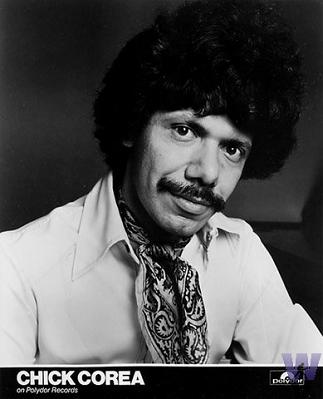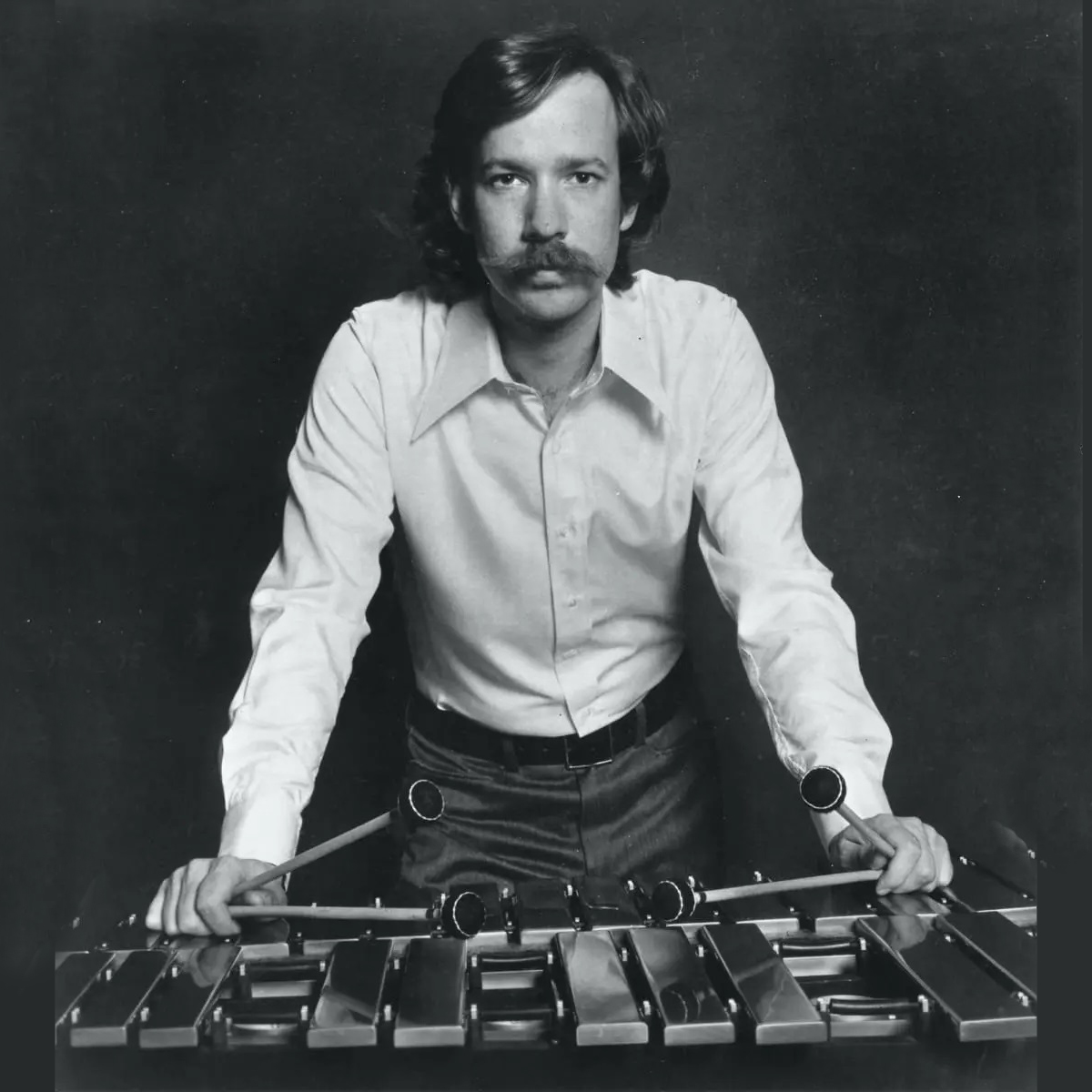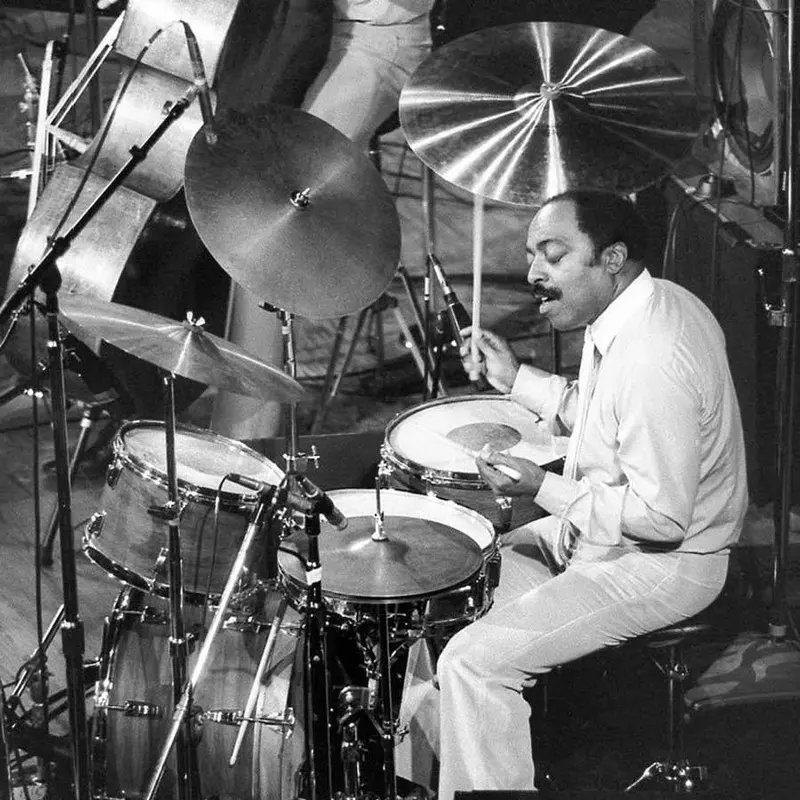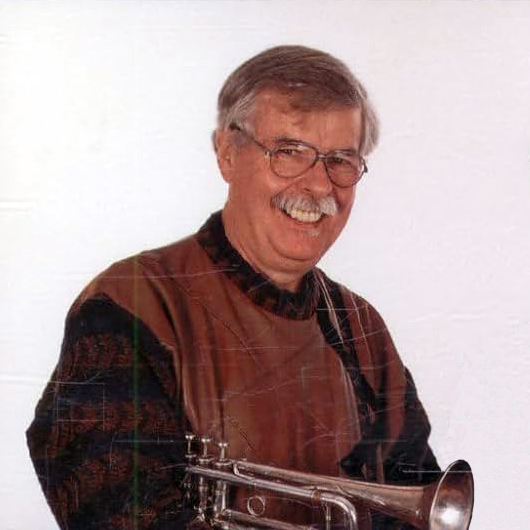Chick Corea
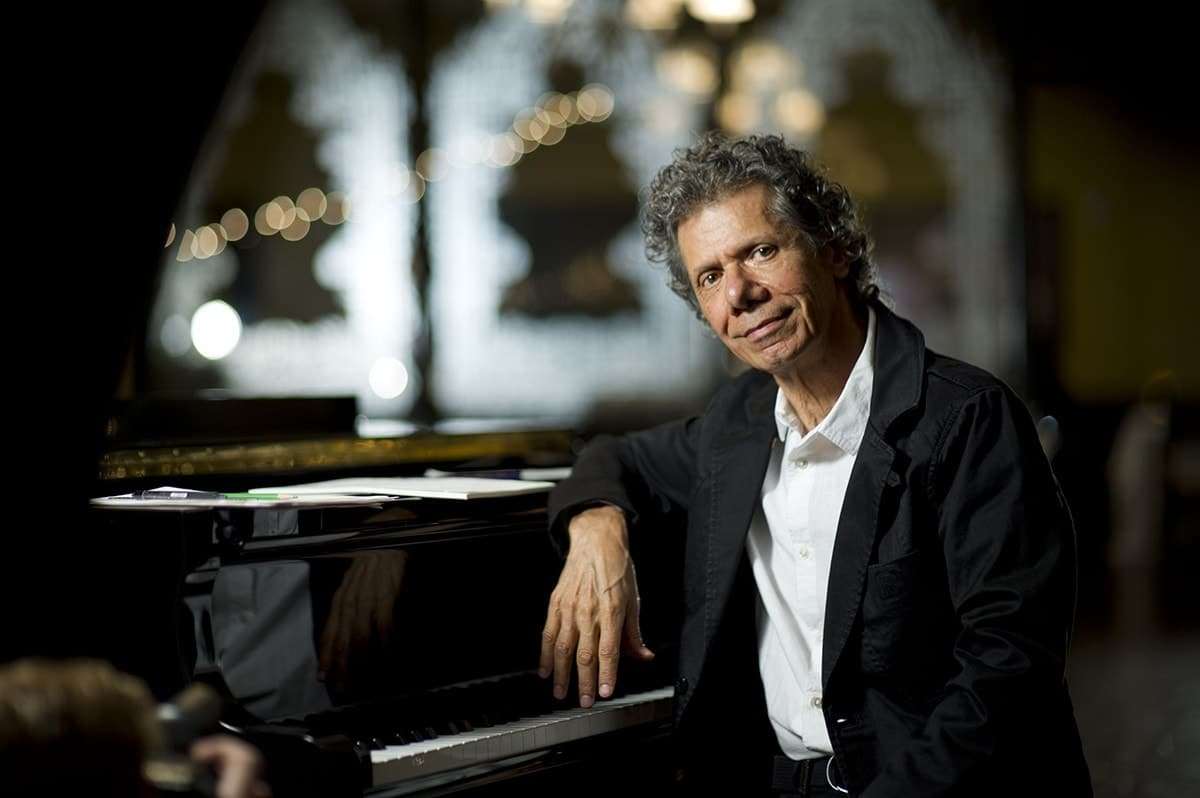
Twenty-three Grammy awards with sixty-three nominations over a career that spans more than five decades. And amazingly, that doesn’t begin to chronicle Chelsea native Chick Corea’s prolific career in music.
Corea was born Armando Anthony Corea in 1941 in Chelsea, Massachusetts, and tagged with his nickname at an early age by his aunt. Like so many great musicians, he was surrounded by music growing up as his father was a jazz trumpet player who sat him in front of a piano at age four. Listening to the likes of Dizzy Gillespie, Charlie Parker and Lester Young, the bebop Chick heard early on later proved to be a true inspiration.
EARLY TRAINING, PERFORMANCES, BECOMING A BANDLEADER
Formal piano lessons began at eight but not before a brief stint with the drums, which influenced his percussion-like style on the piano. His piano teacher introduced him to classical compositions, helping to further shape his approach to the instrument and generating an interest in composition and structure. As a youngster, Corea performed in a drum and bugle corps, the St. Rose Scarlet Lancers out of Chelsea.
During his teens, he started to get gigs while admiring and playing the music of local artists such as Herb Pomeroy and Horace Silver. His first major gig was performing with the legendary Cab Calloway and early on in his career he also worked alongside Stan Getz and Herbie Mann. Corea’s debut as a bandleader came in 1966 on the album Tones for Joan’s Bones. He then went into the studio in 1968 with drummer Roy Haynes to record the classic LP, Now He Sings, Now He Sobs, solidifying his reputation as a first-rate jazz pianist.
MILES DAVIS, RETURN TO FOREVER, CHICK COREA ELEKTRIC BAND
Corea met with Miles Davis late in 1968 and eventually replaced Herbie Hancock in his band. He went electric with Davis, playing a Fender Rhodes electric piano on 1968’s Filles de Kilimanjaro, and he also recorded the classics Bitches Brew and In a Silent Way with Davis, giving jazz a fresh new “electric” sound and direction.
In the early 1970s Corea formed Return to Forever with Stanley Clarke and by the mid-‘70s the band was entrenched in the rock-jazz fusion movement of the time. Return to Forever saw a number of line-up changes over the group’s decade together, with Al Di Meola showcasing his blazing chops on guitar at one point in the ensemble. The 1980s and ‘90s saw Corea working with a wide variety of artist friends, from Chaka Khan to Paco de Lucia, and he began one of his more famous collaborations with vibraphonist Gary Burton. Corea and Burton went on to earn six Grammys as a duo.
Corea formed The Chick Corea Elektric Band around this time with drummer Dave Weckl, saxophonist Eric Marienthal, bassist John Patitucci and guitarist Frank Gambale, with the group venturing further into the world of jazz fusion. They recorded five albums including 1986’s Elektric Band and 1991’s Beneath the Mask.
CLASSICAL PROJECTS, DEATH, LEGACY
Unbound by genre and possessing limitless talent, Corea entered the classical music realm in the 2000s, recording “Corea Concerto” with the London Philharmonic along with several other classical compositions. He composed music for film soundtracks in the 2000s and again recorded with his longtime partner Burton later in the decade.
Chick Corea passed away from cancer at his home in Florida, on February 9, 2021 at age 79, leaving a tremendous body of work that speaks for itself. Above all, he was an artist who appreciated the listener and understood his impact as a musician. “What making music for people does, I’ve observed, is it stimulates what’s natural in all of us, it’s native sense, in every person,” he once said. “You don’t have to be a professional anything. All you need to do is be a living human being and open to the play of imagination.”
(by Mark Turner)

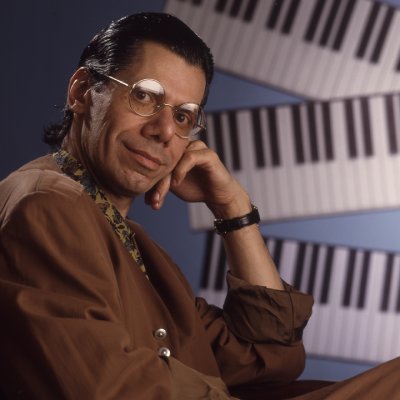
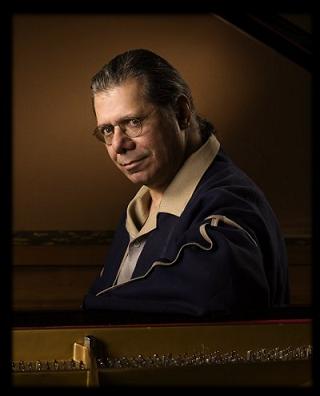
![June 2, 2008. Chick Corea – undated handout photo. [PNG Merlin Archive] Chick Corea](https://www.mmone.org/wp-content/uploads/2013/03/chick8.jpg)
